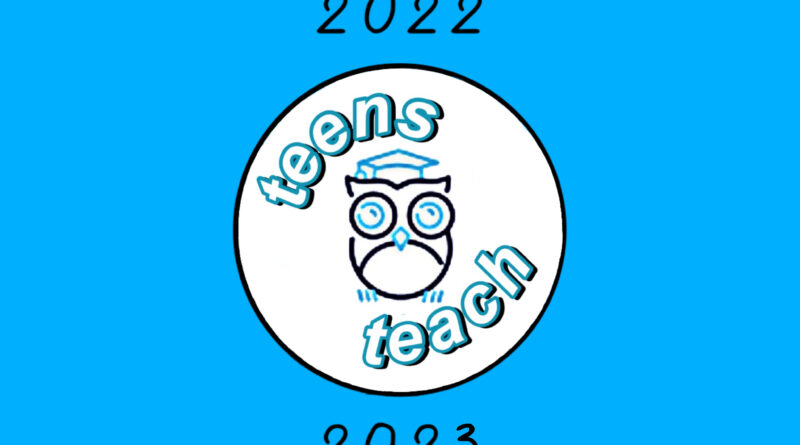Teens Teach STEM
STEM sessions being presented to elementary schools are a way to educate about the foundational principles of how the world around us works. STEM lets students think critically about certain aspects of their everyday lives. The CVHS Teens Teach club provides that insight for younger students and helps high school students gain experience working in STEM environments.
Teens Teach is a club entirely student-driven. Students run the STEM Sessions for elementary school students. The club plans to do activities involving science experiments, tutoring in math, working with different mediums in art, working with technology, and so much more. When STEM is inserted into a student’s life at a young age, it opens their thoughts to new possibilities. These opportunities provide students with a broader perspective.
When STEM is taught during adolescence, students’ brains have a higher probability of taking in new information. STEM not only aims at the mindset aspect of it but it targets using teamwork and applying knowledge to real-life situations. It encourages adaptability in a team setting and understanding that working together can only benefit the case. It urges asking for help and asking questions when needed. Using critical thinking is a big part of anyone’s life at any age.
Junior Lucy Ni, a member of Teens Teach stated: “Obviously STEM is important. It’s the foundation for everything, it’s basically the basics.”
Ni thinks that when younger children are exposed to STEM it will benefit them in many ways. Even if they don’t think it’s useful at this exact moment, it will be exceedingly beneficial in the future.
STEM sessions provide lots of insight and information on things that regular classes in school don’t supply. STEM meetings go more in-depth about how real-world circumstances can be seen through a different lens using critical evaluation. Sciences, technology, engineering, and math all develop and gain difficulty as students get older, interposing STEM could help students gain a better understanding and foundation of the subjects.

